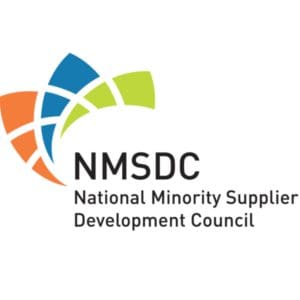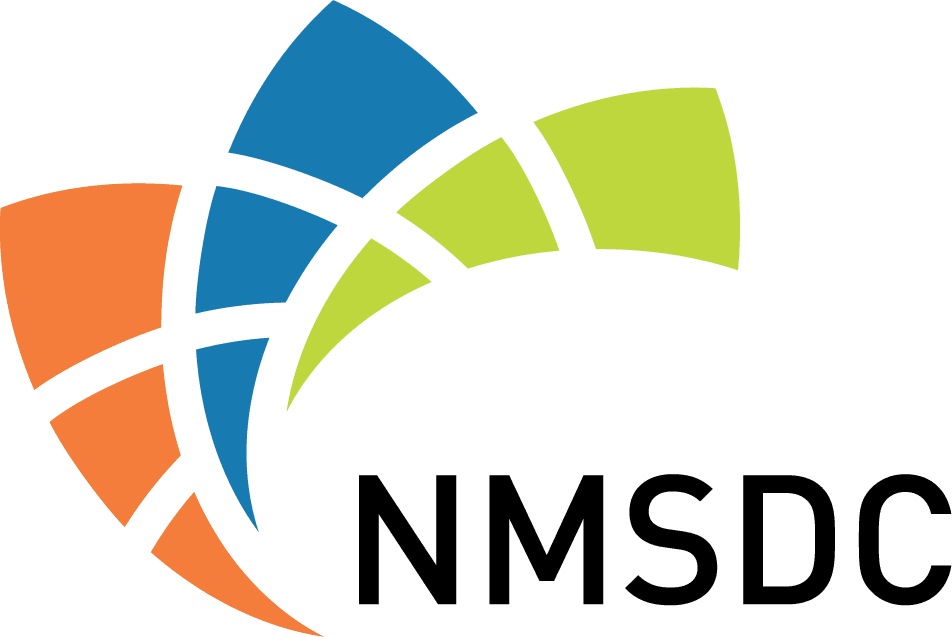 America is experiencing near unprecedented social upheaval. From a global health pandemic that has disproportionately affected Black and brown communities, to racial unrest sweeping the nation and world, we are at a pivotal moment in time where we must ask: Will we finally be able to harness this collective groundswell to create transformative change and opportunity for all, or will we simply revert to the status quo?
America is experiencing near unprecedented social upheaval. From a global health pandemic that has disproportionately affected Black and brown communities, to racial unrest sweeping the nation and world, we are at a pivotal moment in time where we must ask: Will we finally be able to harness this collective groundswell to create transformative change and opportunity for all, or will we simply revert to the status quo?
Adrienne Trimble, President and CEO of the National Minority Supplier Development Council (NMSDC), which advances business opportunities for nearly 12,000 certified Black, Hispanic, Asian and Native American-owned business enterprises and connects them to 1,450 corporate members, is placing her organization squarely at the center of the storm—enacting strategies to ensure that we emerge from these twin crises ready to reverse centuries of systemic racism.
In 2018, Adrienne took over the helm at NMSDC, joining from Toyota, where she spent nearly 20 years in human resources, rising to the position of general manager, diversity & inclusion. Her first mission as president & CEO of NMSDC was to rebuild the organization following the departure of its longtime, historic leader, Harriet Michel, who was succeeded by one short-term and one interim president.
Adrienne had three key priorities: develop a cohesive long-term vision for the organization; improve NMSDC’s infrastructure and technology and ensure it had the right people with the proper skills; and create a clear value proposition so that corporate partners and minority business enterprises (MBEs) understand the return on investment. Fortunately, her mission and strategic vision provided NMSDC with a strong head start to all that would unfold a year and a half later.
“It was almost predestined,” Adrienne said. “Who knew we would be sitting here with COVID-19 and the racial unrest that’s happening right now across the country? All these strategies have become even more amplified now, and we’ve developed a lot of internal programs and structure to be able to support MBEs, develop them and get them access to the right resources and tools, like capital, so that they can be better positioned to serve our corporate members.”
This is where NMSDC’s mission aligns with the Black Lives Matter (BLM) movement.

“We are providing sustainable economic solutions to the racial injustice, institutionalized racism, and injuries, which Black people have suffered in America, by leading the ‘Minority Business Economic Inclusion’ Movement,” Adrienne said.
While much has been written about the disproportionate health effects of COVID-19, the virus has also been bad for Black-owned business. According to Census survey estimates, 41% of Black-owned businesses closed their doors for good between February and mid-April, and approximately 95% of Black business owners were shut out of the first round of the Paycheck Protection Program (PPP), the federal program that provides forgivable loans to small businesses impacted by COVID-19. But NMSDC is helping to support Black and minority-owned businesses.
Ahead of the second round of funding, NMSDC worked with the White House, the Small Business Administration, the Department of Treasury, and congressional leaders to devote greater attention to minority businesses. NMSDC successfully advocated for $10 billion in stimulus funding for the PPP program to go directly through Community Development Financial Institutions (CDFIs), which, unlike traditional banks, have historically stronger connections to communities of color. What’s more, NMSDC, through a relationship with its own CFDI, began processing loans directly for its member businesses.
Only months into the COVID-19 crisis, NMSDC took on another monumental challenge: rally corporations to turn their words of sympathy—in the wake of George Floyd’s death—into meaningful solutions to grow Black-owned business, which predominately employ Black workers.
“Statements are great, but they need to be backed up by real actions that are going to address how minority businesses are going to compete for these contracts on an ongoing basis,” Adrienne said. “Until you understand what the real problem is, you can’t solve for it.”
NMSDC is asking corporations to make a commitment to do business with minority-owned firms, particularly Black-owned businesses, which lag their competitors in almost every indicator. Along with a pledge, NMSDC seeks greater transparency around four key areas: access to capital programs, investment in programs to develop MBEs, support for federal advocacy and ensuring that MBEs know their needs and how to gain access to these opportunities.
For Adrienne, the case isn’t about social good but of economic prosperity and capitalism. When companies hire minority-owned suppliers, which tend to hire more workers of color, they are creating jobs in forgotten communities and helping to provide disposable income to people who can, in turn, afford to buy their goods and services.
If the past is any indicator, Adrienne said we should look to the example of the automotive industry, which began to lead on supplier diversity in the 1960s, in tandem with the first civil rights movement.
“Instead of saying they couldn’t find MBEs, their solution was to create them,” she said. “Ford and General Motors understood why it was important to have inclusive supply chains and partners. They led and those in other industries followed suit. And the automotive industry continues to be one of the leading sectors in terms of utilization of minority businesses.”
Learn more about NMSDC and how its empowering creativity and change.
Source: T.D. Jakes Foundation



